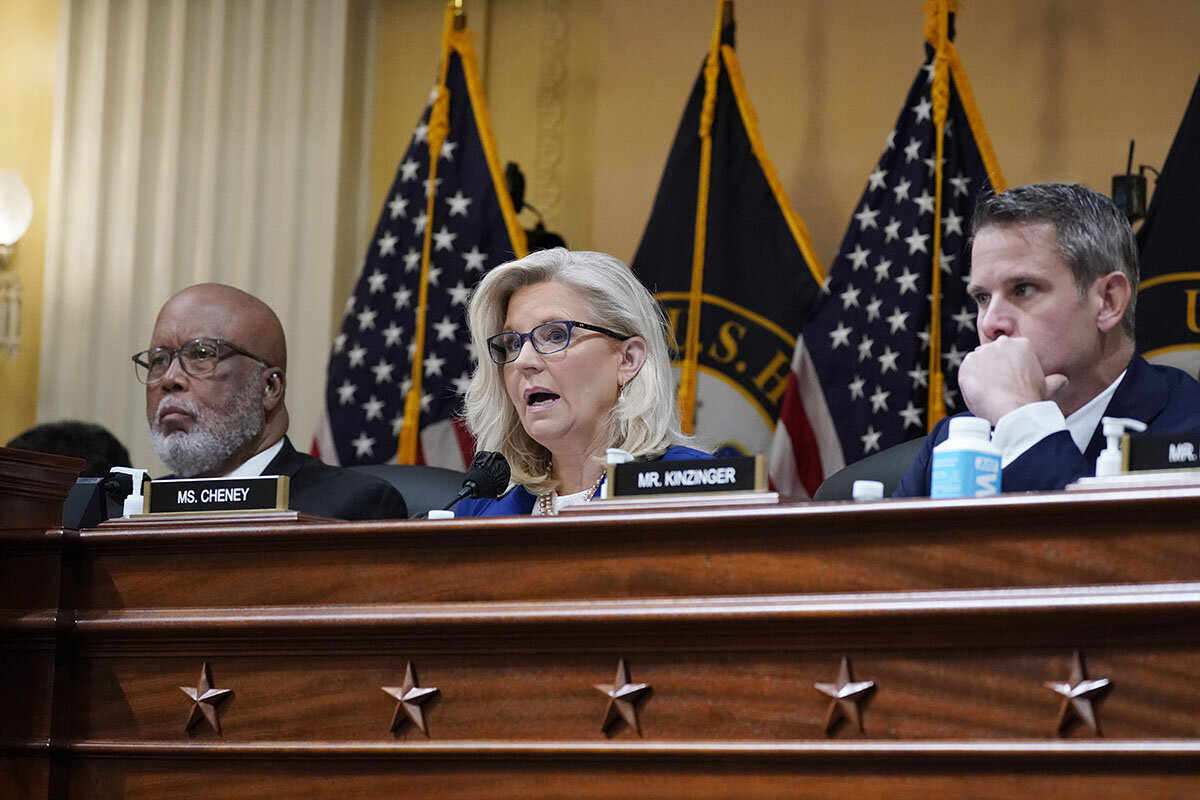Police violence has only galvanized the young Iranians who have been demonstrating for a month to demand women’s rights and a new, more respectful, government.
Monitor Daily Podcast
- Follow us:
- Apple Podcasts
- Spotify
- RSS Feed
- Download
 Mark Sappenfield
Mark Sappenfield
The number is a head-scratcher. According to a Georgetown University Battleground Poll, 66% of voters say they are more likely to vote for a candidate willing to compromise to get things done.
How does that square with a Washington locked into historic levels of partisanship, exactly?
There are sparks of hope, signs that Congress is actually getting things done from infrastructure to gun bills. Yet most Americans find themselves in an “exhausted majority” these days, according to a study by More In Common. As politicians serve the most engaged voters (who also happen to be the most partisan), many Americans are tired of hyperpolarized politics but unsure what they can do about it.
One longtime friend of the Monitor has an idea. Ahead of this fall’s elections, the Common Ground Committee is relaunching its scorecard, which measures governors and members of Congress not by where they stand on issues, but by their willingness to work across party lines. (You can see it here.) At a time when congressional scorecards are often used to reinforce partisanship, the head of Common Ground sometimes gets odd looks when he talks to congressional staffers.
“We want you to get a higher score,” Bruce Bond tells them. “We want to help you.”
The score is based on behavior and communication. “We let actions and words speak for themselves,” Mr. Bond adds. When it comes to acting in a bipartisan way, “They’re either doing it, or they’re not.”
So far, 63 members of Congress, governors, and candidates have taken the Common Ground pledge to work across the aisle. “Can we make [the scorecard] as important as a National Rifle Association rating?” Mr. Bond asks. That’s ambitious. But the Georgetown poll, he says, suggests “its time has come.”









